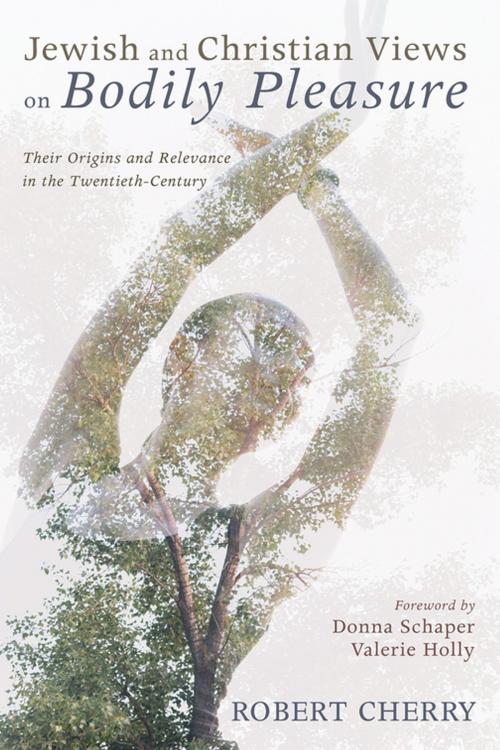Jewish and Christian Views on Bodily Pleasure
Their Origins and Relevance in the Twentieth-Century
Nonfiction, Religion & Spirituality, Judaism, History, Reference, Christianity, Church, Church History| Author: | Robert Cherry | ISBN: | 9781532647468 |
| Publisher: | Wipf and Stock Publishers | Publication: | October 1, 2018 |
| Imprint: | Wipf and Stock | Language: | English |
| Author: | Robert Cherry |
| ISBN: | 9781532647468 |
| Publisher: | Wipf and Stock Publishers |
| Publication: | October 1, 2018 |
| Imprint: | Wipf and Stock |
| Language: | English |
At the beginning of the Common Era, Jewish renewal movements, including Jesus' ministry, had similar views: embracing moderate ascetic behavior. Over the next three centuries, however, they moved in opposite directions. Christianity came to firmly privilege anti-pleasure views and female lifelong virginity while the Babylonian Talmud strongly embraced positive views on bodily pleasures and female sexuality. The books most distinguishing feature is that it is the first time that one book contrasts in detail the evolution of Christian and Jewish ascetic beliefs. More than other books, it systematically presents the critical role played by Babylonian Jewry: how they became the center of world Jewry with the virtual extinction of the Palestinian community; their decisive rejection, more so than the Palestinian community, of any ascetic tendencies; and how they came to migrate to the European continent during the medieval period. It concludes by relating how the eighteenth-century Hasidic movement and the nineteenth-century Irish devotional movement reestablished the contrasting views that helps explain why Jewish immigrants and not Irish Catholics came to dominate twentieth-century vaudeville.
At the beginning of the Common Era, Jewish renewal movements, including Jesus' ministry, had similar views: embracing moderate ascetic behavior. Over the next three centuries, however, they moved in opposite directions. Christianity came to firmly privilege anti-pleasure views and female lifelong virginity while the Babylonian Talmud strongly embraced positive views on bodily pleasures and female sexuality. The books most distinguishing feature is that it is the first time that one book contrasts in detail the evolution of Christian and Jewish ascetic beliefs. More than other books, it systematically presents the critical role played by Babylonian Jewry: how they became the center of world Jewry with the virtual extinction of the Palestinian community; their decisive rejection, more so than the Palestinian community, of any ascetic tendencies; and how they came to migrate to the European continent during the medieval period. It concludes by relating how the eighteenth-century Hasidic movement and the nineteenth-century Irish devotional movement reestablished the contrasting views that helps explain why Jewish immigrants and not Irish Catholics came to dominate twentieth-century vaudeville.















